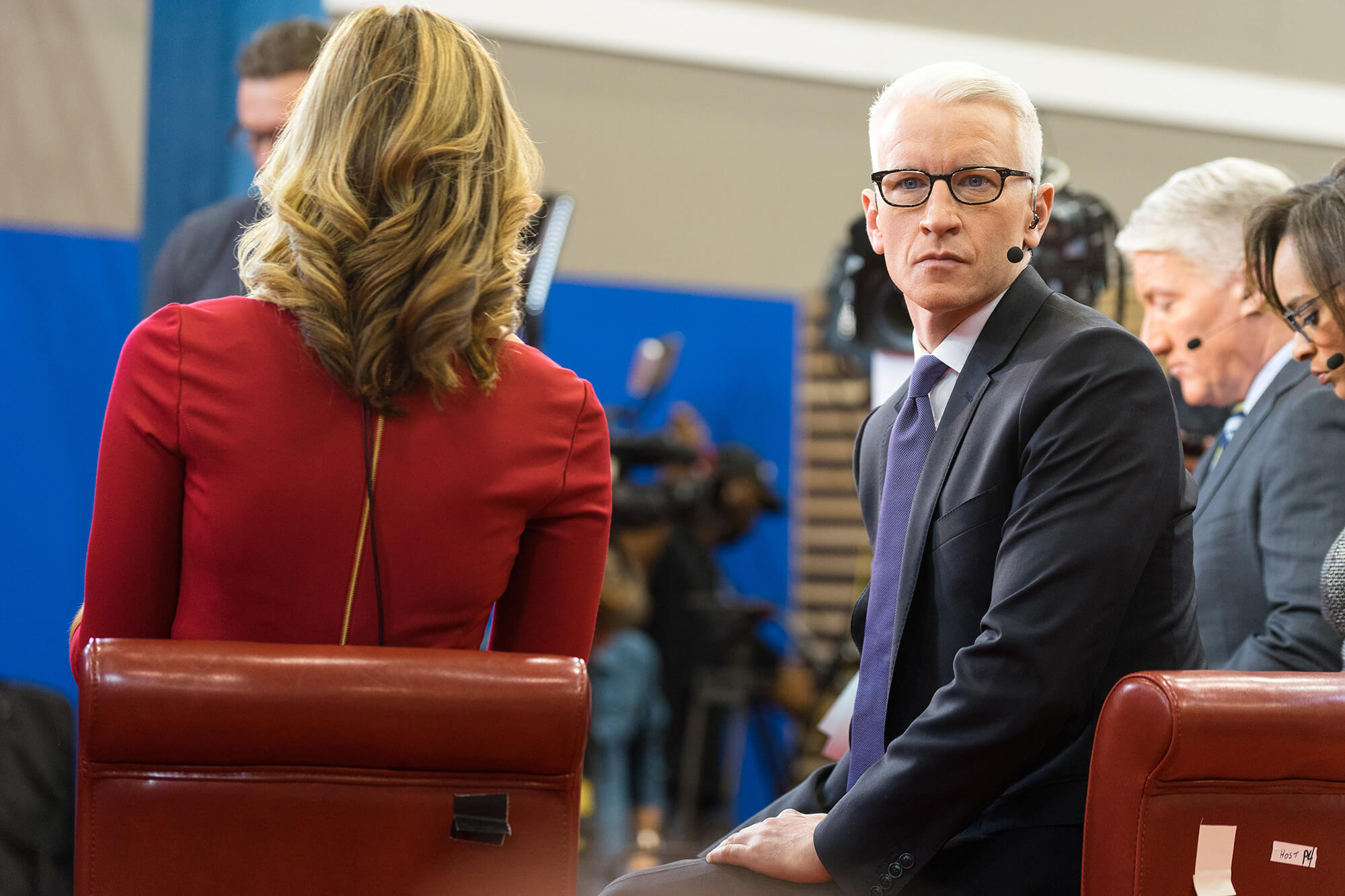Guess you’ve noticed: There are no politicians on the politics-obsessed cable news channels. Instead, there are journalists talking about politicians and politics; rafts of journalists organized into “panels” to comment, in seconds, on events.
Twenty years ago, it was different. So much so that I started a television program with the avowed intention of letting the public see who was writing the political news in the newspapers. We are still on the air, but with fewer journalists commenting.
In that seemingly distant time (which was, in reality, not very long ago), the principal political talk shows were “The McLaughlin Group,” under the pioneering John McLaughlin; “Inside Washington,” formerly “Agronsky & Company,” with Gordon Peterson; and the long-lived “Washington Week in Review” with Ken Bode.
They were weekly, half-hour programs and mine, “White House Chronicle,” joined the roster as a distant “also ran.” We aimed at introducing print journalists to a TV audience. Other programs had set round tables that included Tribune Media’s Clarence Page, because he was a delight to work with — as we found on our program — and because he was informed and entertaining.
Women were fewer and they were led by Elizabeth Drew of The New Yorker, Eleanor Cliftof Newsweek, Cokie Roberts of NPR, and syndicated columnist Georgie Anne Geyer.
Cable news meant CNN, then still trying to be magisterial.
Fast forward and television is chock-full of journalists talking about the news in what is now a staple of cable television; and rather than occupying half an hour a week these “panels,” as the hosts call them, are on pretty well 24/7.
The New York Times publishes under the slogan “All the News That’s Fit to Print.” On television, it’s all the news that can be talked about — and they do, endlessly. I think that is pretty entertaining and most of the talking heads seem to have really good sources; they are on the news — all the politics that can be talked about. It is the fat and sugar diet of TV.
What is missing are the subjects. Few members of Congress, with the exception of the leaders, are seen or talked about by name on television. They have been cleared from the television politics smorgasbord. Even the talking heads do not name them. The ubiquitous panelists talk about “my sources” or “a conservative congressman” or “a Democratic member.” No names. No faces.
There are reasons aplenty for this. One, now that there is more party discipline, except for people like Sen. John McCain, R-Arizona, it is known what the party the line will be: It is there in the talking points — and that makes for little news and boring television.
Another is that while journalists go for instant analysis, a cable television staple, politicians are scared of “stepping in it.” Search technology is so fearsome now that almost anything any politician says can be retrieved and put on the screen. That is fodder for future “gotcha” moments. The late Tim Russert of “Meet the Press” was a master of this. “In 2003, you said” and there it was, right on the screen, the politico making a regrettable remark.
Also, there is always the question of what the public wants (ratings to the TV industry). The public appears to be more interested in journalists debunking political leaders than the nuts and bolts of legislation or even what is happening in, say, science or the rest of the world. Salt and fat gets the eyeballs.
The late Arnaud de Borchgrave lamented that in his day, aspiring reporters longed to be foreign correspondents, now they yearn to cover Capitol Hill and the White House. Ralph Nader — who was once a prized “get” in the parlance of television bookers — has just issued a paper regretting the dominance of political chatter in the news space. Maybe he will be asked to talk about it on television, but it is unlikely.
On the upside, there are some awesome new talents, and more women in the Washington journalistic firmament — even if some of us like it when journalists, in the words of radio veteran Dan Raviv, just set out to “find out what’s happening and tell people.” No salt, no fat, just the facts.
